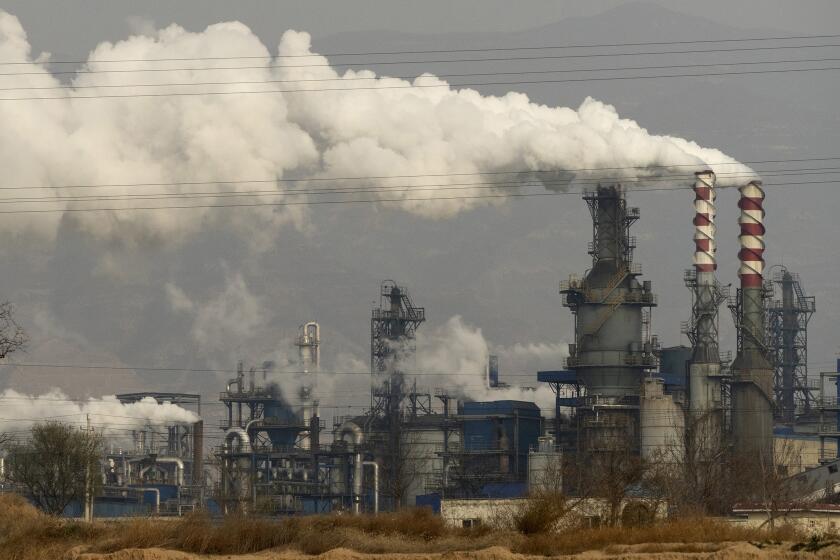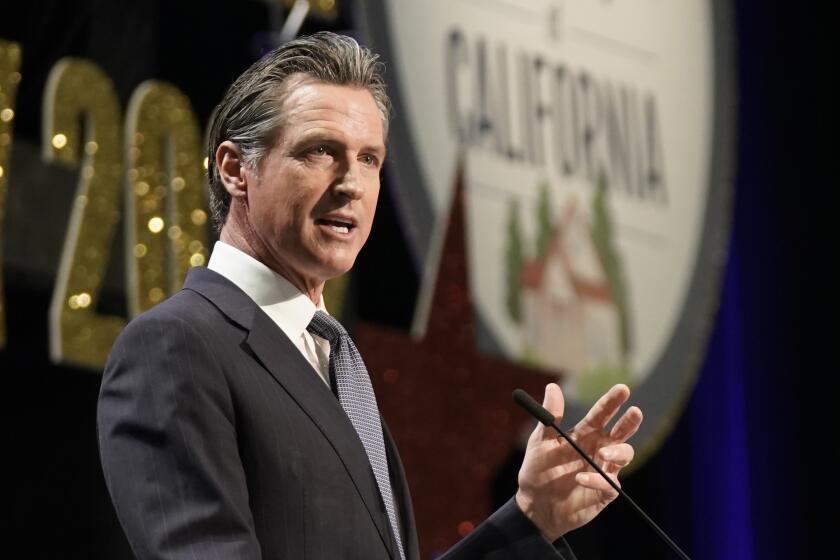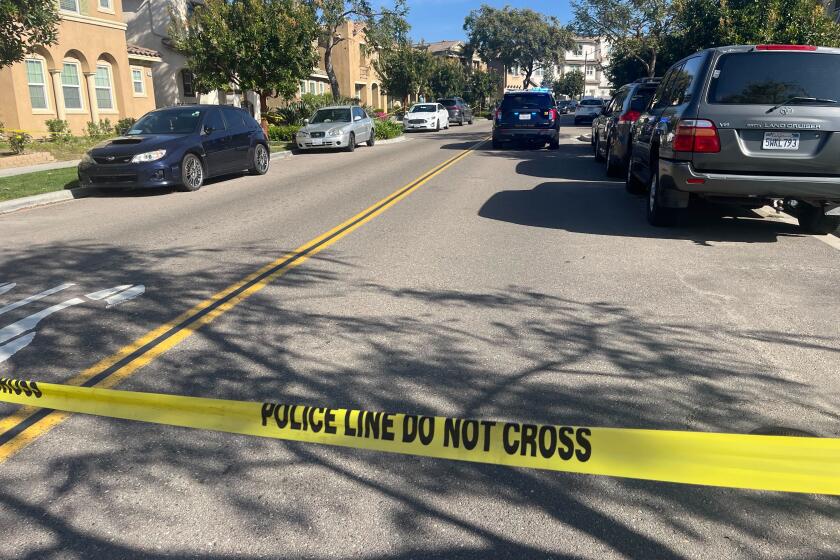A gamble on Cuba that’s worth taking
President Barack Obama’s surprise announcement Wednesday that the U.S. and Cuba would seek to normalize relations after a 55-year chill — and after 18 months of secret negotiations assisted by Canada and encouraged by Pope Francis — is a gamble worth taking.
“Isolation has not worked,” the president said. “We will end an outdated approach that, for decades, has failed to advance our interests.”
The hope is that increased U.S. engagement, investment and tourism in Cuba achieves what sanctions and diplomatic pressure could not: moving our Caribbean neighbor away from authoritarian communism and toward democracy, open government and broad acceptance of basic human rights. Even small steps may persuade Congress to end the formal U.S. embargo on Cuba, going far beyond the moderate steps taken by Obama on Wednesday.
But the U.S. must enter this new era with its eyes wide-open. Contrary to the implications of some of Obama’s remarks, Cuba has not changed in some crucial ways since Raul Castro took over as president from his ailing brother Fidel in 2006.
The economic liberalization Raul Castro launched in 2011 has had some success. Nearly a half-million Cubans have obtained self-employment licenses allowing them to set up small businesses in low-tech fields. And while Cuban leaders remain deeply skeptical of modern capitalism, at least Castro now regularly decries both government inefficiency and corruption.
But as detailed by Amherst Professor Javier Corrales, a leading scholar on Cuba, government oppression has gotten worse under Raul Castro. More than 5,000 Cubans were detained in 2013 on suspicion of harboring seditious views, a big jump over previous years. In 2012, Oswaldo Payá, one of Cuba’s most admired advocates of reform, was killed in a car accident that by all indications was a government-arranged assassination.
Meanwhile, gay activists say Cuba remains fundamentally inhospitable, even if the government no longer treats homosexuality as a crime. And in a nation where at least one-third of the 11 million residents are black, mulatto or mestizo, its elites are virtually all descendants of European whites — a fact that’s hard to square with the Castros’ pride over having been relentless critics of apartheid in South Africa.
The best-case scenario going forward would be the vision offered by Obama — that exposure to the United States will accelerate economic liberalization and lead to more democracy and to Cuba’s version of perestroika.
The worst-case scenario is that the end of some U.S. sanctions means that the Castro family, including Raul Castro’s influential daughter Mariela, has less incentive than ever to loosen their tight grip on power. One of the changes announced by the president will allow Cuban-Americans to send far more money to their relatives in Cuba. In 2013, these remittances already totaled $5.1 billion, which was more than the earnings of the entire Cuban work force. If that sum increases substantially, Cuban reformers may find a much less receptive audience.
We shall see. But for now, we welcome the president’s embrace of a new approach.
Get Essential San Diego, weekday mornings
Get top headlines from the Union-Tribune in your inbox weekday mornings, including top news, local, sports, business, entertainment and opinion.
You may occasionally receive promotional content from the San Diego Union-Tribune.





